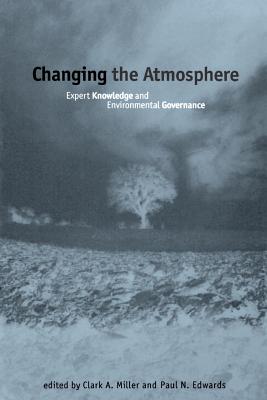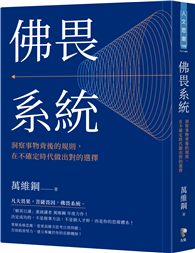In recent years, Earth systems science has advanced rapidly, helping to transform climate change and other planetary risks into major political issues. Changing the Atmosphere strengthens our understanding of this important link between expert knowledge and environmental governance. In so doing, it illustrates how the emerging field of science and technology studies can inform our understanding of the human dimensions of global environmental change.
Incorporating historical, sociological, and philosophical approaches, Changing the Atmosphere presents detailed empirical studies of climate science and its uptake into public policy. Topics include the scientific, political, and social processes involved in the creation of scientific knowledge about climate change; the historical and contemporary role of expert knowledge in creating and perpetuating policy concern about climate change; and the place of science in institutions of global environmental governance such as the World Meteorological Organization, the Framework Convention on Climate Change, and the Intergovernmental Panel on Climate Change. Together, the essays demonstrate fundamental connections between the science and politics of planet Earth. In the struggle to create sustainable forms of environmental governance, they indicate, a necessary first step is to understand how communities achieve credible, authoritative representations of nature.
Contributors
Paul N. Edwards, Dale Jamieson, Sheila Jasanoff, Chunglin Kwa, Clark Miller, Stephen D. Norton, Stephen H. Schneider, Simon Shackley, Frederick Suppe











